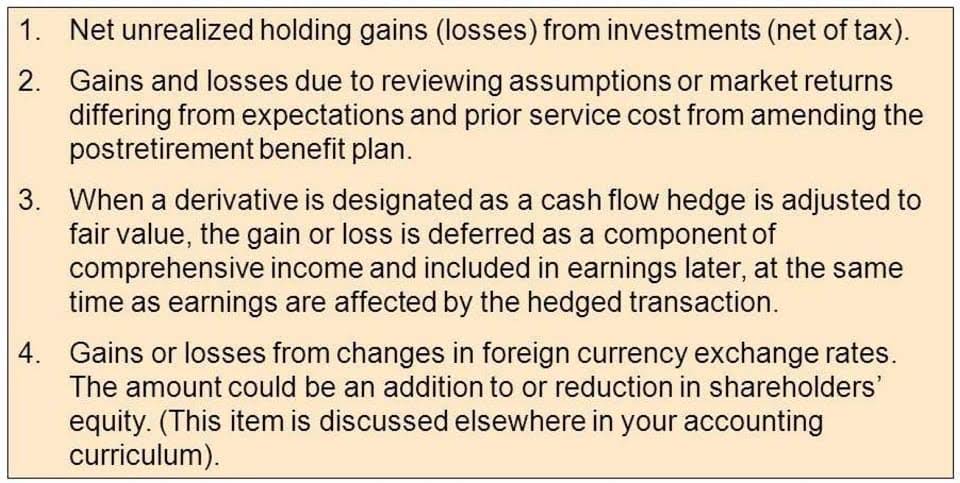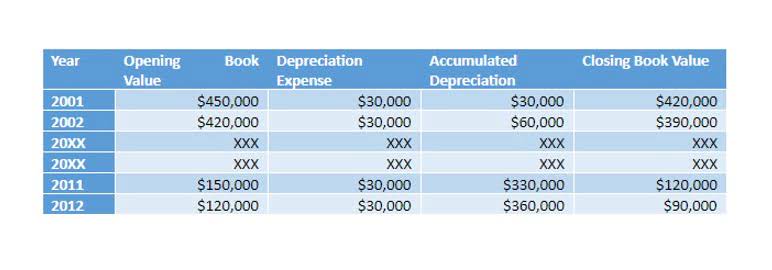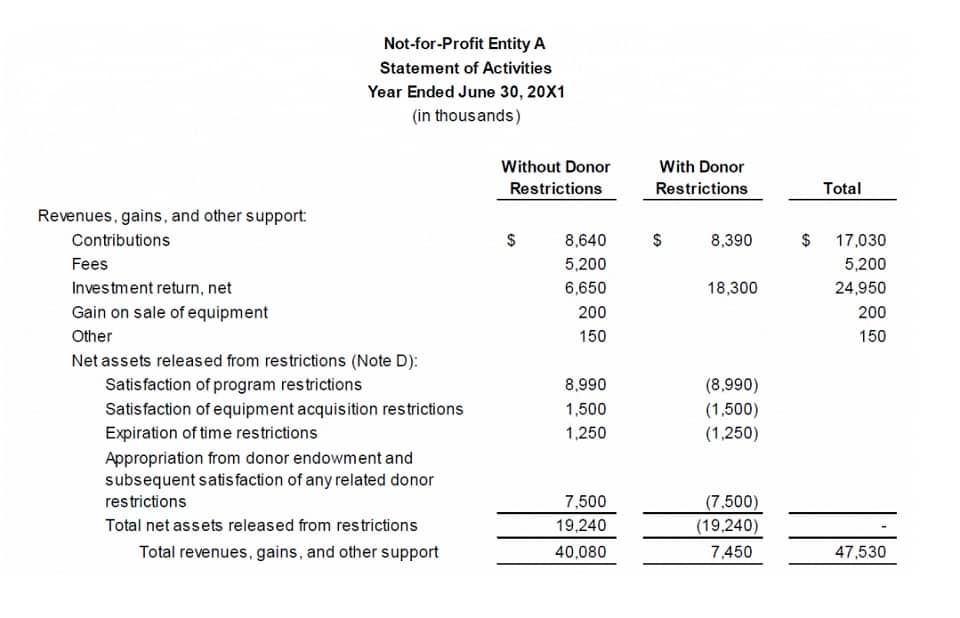
However, it is important to note that this has some important consequences for what happens as well as what interested individuals can expect. Perhaps unsurprisingly, cash dividends come in a wide range of forms. For example, some of them are paid out on a regular basis, with monthly, quarterly, and annually being very common. In contrast, others are paid out on special occasions, which is why they are called special dividends. Thanks to this, interested individuals should remember that cash refers to what is being paid out and nothing but what is being paid out, meaning that they shouldn’t lose sight of the rest. Learn more about dividend stocks, including information about important dividend dates, the advantages of dividend stocks, dividend yield, and much more in our financial education center.

Demat Account

Ask your investment advisor or financial planner what their current strategy is this week–you might be surprised by the response. This is why electricity stocks with high payout rates are bid up during economic uncertainty. For example, countless people knew about fracking when it was still only a concept. Gas stock prices would have been wise to short once fracking became an actual technology. Splits are usually undertaken when a company’s share price gets too high and becomes unwieldy or unsustainable. You are in good shape if you get a high yield (above 5%) and the payout ratio is low.
- The total market capitalization of the company remains the same though.
- Shareholders would lose their proportional shareholding in the company if they sell stock dividends and convert them into cash.
- While a cash dividend reduces stockholders’ equity, a stock dividend simply rearranges the allocation of equity funds.
- In many areas, dividends are taxed at a higher rate than long-term capital gains.
What is the significance of dividends in an investor’s portfolio?
- Thus, a company needs to choose a dividend policy that is sustainable for the long run.
- To calculate the total dividend for a company, divide the per-share dividend by the market share price.
- Although stock splits and stock dividends affect the way shares are allocated and the company share price, stock dividends do not affect stockholder equity.
- The company decides to distribute a 10% stock dividend to its equity shareholders.
- In contrast, others are paid out on special occasions, which is why they are called special dividends.
- For a company, dividends are considered a liability before they are paid out.
The tax rate varies, depending on dividend type and how unearned revenue long shares are held. This boosts the shareholder’s income and influences their investment and tax strategy. But it’s important to remember that stock dividends aren’t the same as bond coupons. They encourage holding onto shares, even if there’s a temporary dip. Stock dividends are seen as extra income, alongside capital gains. Without spending more, investors get more shares, increasing their stake.
- This makes the idea of building wealth through dividends even more attractive.
- Once it issues the dividend, the money goes directly to the shareholder, who can use it to buy additional shares or simply accept it as income.
- The importance of tax-efficient investing with dividends is huge.
- For example, banks typically pay out a certain percentage of their profits in the form of cash dividends.
What Is a Dividend in Finance?

Dividends are primarily paid to investors as cash, but some companies allow the dividend payment to be reinvested as additional partial stock in the company. Dividend Bookstime payout ratio is the proportion of a company’s earnings that is used to pay dividends to investors. For example, if a company earns an estimated $1 per share and pays the same $0.20 per share, then the payout ratio is 20%. The four most common methods are cash dividends, stock dividends, stock splits, and property dividends. To calculate the total dividend for a company, divide the per-share dividend by the market share price. In this example, the share price is $32, and the firm distributes $1.75 per share.
Tax Implications

Stock dividends increase the stockholder’s proportionate ownership of the company. Another consequence of cash dividends is that receivers of cash dividends must pay tax on the value of the distribution, lowering its final value. Cash dividends are beneficial, however, in that they provide shareholders with regular income on their investment along with exposure to capital appreciation. For example, say that another company announces that they’ll reward their shareholders with a 10% stock dividend. cash dividends and stock dividends An investor with 10 shares would receive another one when the dividend pays out.

Many of Microsoft’s shareholders and employees who got shares of stock in the company’s early years also turned into multi-millionaires. Goldline markets precious metals directly to the investor community through various channels, including television, radio, and telephonic sales efforts. A-Mark is the majority owner of Silver Gold Bull, a leading online precious metals retailer in Canada, and also holds minority ownership interests in three additional direct-to-consumer brands. Theoretically, it could redistribute ownership to certain individuals or investor blocs that could in turn try to change or make an impact on the current company.


